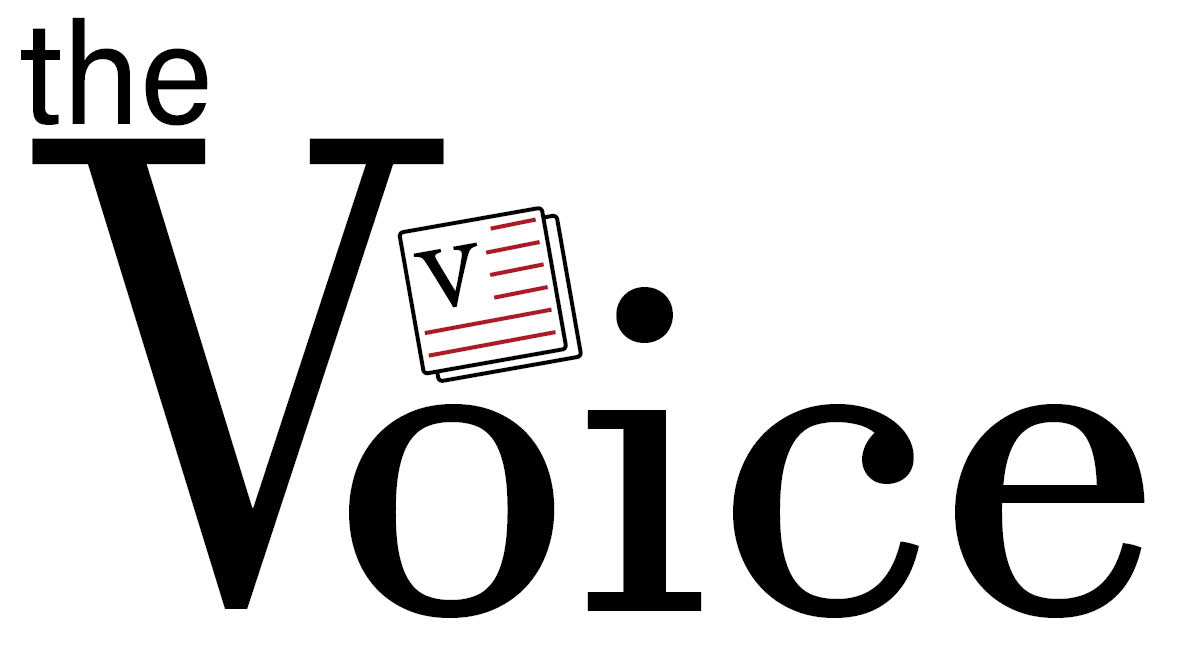Every day, students wake up an early hour. Some, such as junior Darby Kelleher, wake up excited to start the new day—others like junior Haliegh Greer, do not.
Kelleher wakes up at 4:30 a.m., jumps in the shower, brushes her teeth and gets ready. Greer slaps the snooze button and rolls over, still half asleep. Unlike Kelleher, she has decided that she is going to take another tardy.
“When I am tired, I just don’t feel like going,” said Greer.
While Greer has decided to take a tardy and arrive late to school, some students decide to ditch the whole day.
Students deciding to ditch may be the reason why there seems to be a large amount of empty desks in the classrooms. It gives the impression of there being many absent students, but, according to Chris Duncan, dean of students, this impression is not true.
“On the surface it looks like there is a big problem,” said Duncan. “In reality, there is not.”
Only 200 out of the 2000 students receive referrals for either cutting class or ditching school. The remaining 1800 would equal 80 percent of students who, like Kelleher, decide to come to school. The other 20 percent are called into the dean’s office the next day and receive their consequences.
Consequences include detentions for minor offenses and in-school and out-of-school suspensions for greater infractions.
Even though the percent of students receiving consequences is low. I believe their current form of repercussions are ineffective. Students who decide to cut class receive detentions which can later result in school suspensions or possibly out of school suspensions.
Punishing students with ISS and OSS is unreasonable because it defeats the purpose of the consequence itself since students are receiving what they wanted all along—absence from class.
“We are aware of this,” said Duncan. “We do not want to continue this process.”
Students should not be punished by having to serve in- or out-of-school suspensions. The students do not learn anything from this system.
Alternate forms of consequence to be considered, that in my belief should replace in- and out-of-school suspensions, are in-school community service or serving as a teacher aid.
Cleaning the library or even helping a teacher after school could result in students spending more of their leisure time inside the school environment. This new form of punishment could result in a positive increase in student-teacher relations and offer an opportunity for students to learn from their mistakes.
Although these alternate consequences seem like a positive reinforcement, they are currently not an option due to school rules.
“It is against the policy here,” said Duncan. “It is considered child labor.”
To avoid child labor, students could be given an opportunity to choose their own forms of consequence from either serving their original in- or out-of-school suspension or in-school community service. If students were to choose in-school community service as their consequence, they would be volunteering.
“I would rather do community service,” said Greer. “After getting in trouble, I wouldn’t want to miss any more school.”
If a new form of consequence is applied, this could cause the 20 percent of students who ditch school or classes to ultimately be lowered.
Students helping teachers after school would be a better image to see than students serving their suspensions during an eight-hour school day. If a new after-school community service rule was applied, then students would not miss a whole day of classes.
Students helping teachers after school would be a better image to see than students serving their suspensions during an eight-hour school day. If a new after-school community service rule was applied, then students would not miss a whole day of classes.
If alternate forms of consequences were imposed and applied to the student body, many new doors could open and the result would be only positive.



